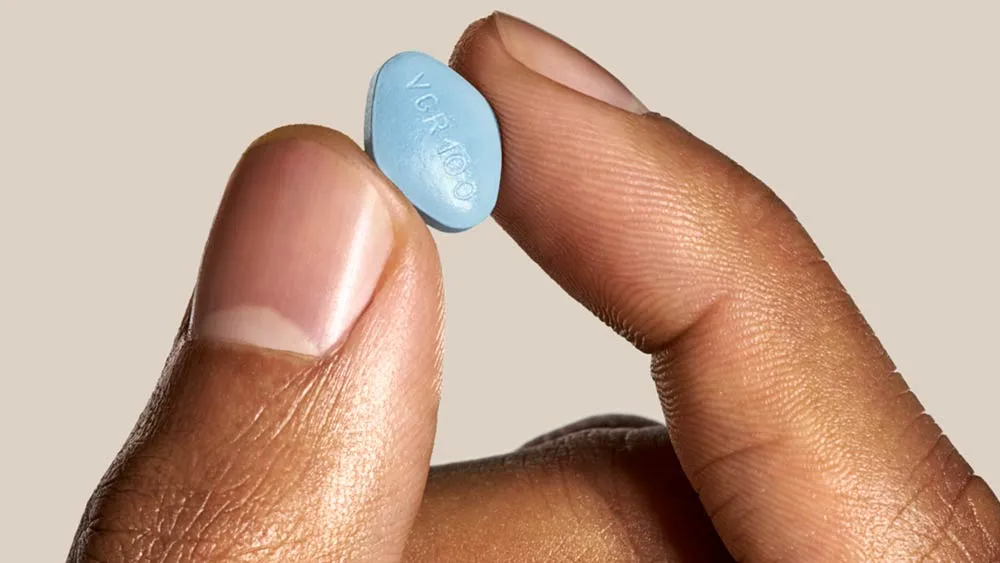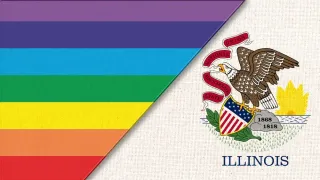October 12, 2015
Vaccinations Available Against HPV, Cancer
Chris Tittel READ TIME: 2 MIN.
Thomas Frieden needs your help in the fight to save the next generation.
In 2013, the director of the Centers for Disease Control and Prevention (CDC) responded to a report on the effectiveness of a new vaccine to fight human papillomavirus (HPV).
The vaccine showed a 56-percent success rate in lowering HPV infections among teenage girls during the seven years since it was first introduced to the public.
Frieden was quoted in a CDC press release: "The report should be a wake-up call to our nation to protect the next generation by increasing HPV vaccination rates."
At the time, only about 30 percent of teenage girls nationwide had received the vaccine.
Vaccinating 80 percent of these girls against HPV, Frieden said, could save about 4,400 of them every year from developing cervical cancer later in life.
"Through these promising results, public health experts and clinicians look forward to more people getting vaccinated for HPV," the press release reads.
Bottom line: Vaccinating against HPV is vaccinating against certain types of cancer.
How can you become a superhero in the war on cancer? Learn more about HPV, get vaccinated and spread the word.
The Virus
HPV is the most common sexually transmitted infection. The virus is passed through intimate skin-to-skin contact, typically during vaginal or anal sex.
"HPV is so common that nearly all sexually active men and women get it at some point in their lives," the CDC website reads. "HPV can be passed even when an infected person has no signs or symptoms."
The virus comes in about 150 different types.
About 40 of those types can cause certain cancers in both women and men later in life.
"Though most HPV infections go away on their own, some HPV infections persist," the website reads. "HPV infections that don't go away can cause changes in the cells in the infected area, which can lead to genital warts or cancer. There is no way to know which people will develop cancer or other health problems."
HPV gives rise to about 27,000 new cancers in American men and women every year.
The Vaccine
Vaccinating against HPV early in life can help prevent cancers of the cervix, vulva, vagina, penis, anus, tongue, tonsils and throat later in life.
Health authorities recommend the vaccine for anyone between the ages of 11 and 26. This includes both men and women, regardless of sexual orientation.
The vaccine, administered in three doses over a six-month period, is considered safe, with no serious side effects.
"The benefits of HPV vaccination far outweigh any potential risk of side effects," the CDC website reads.

 Copyright QNotes. For more articles from QNotes visit
Copyright QNotes. For more articles from QNotes visit 





